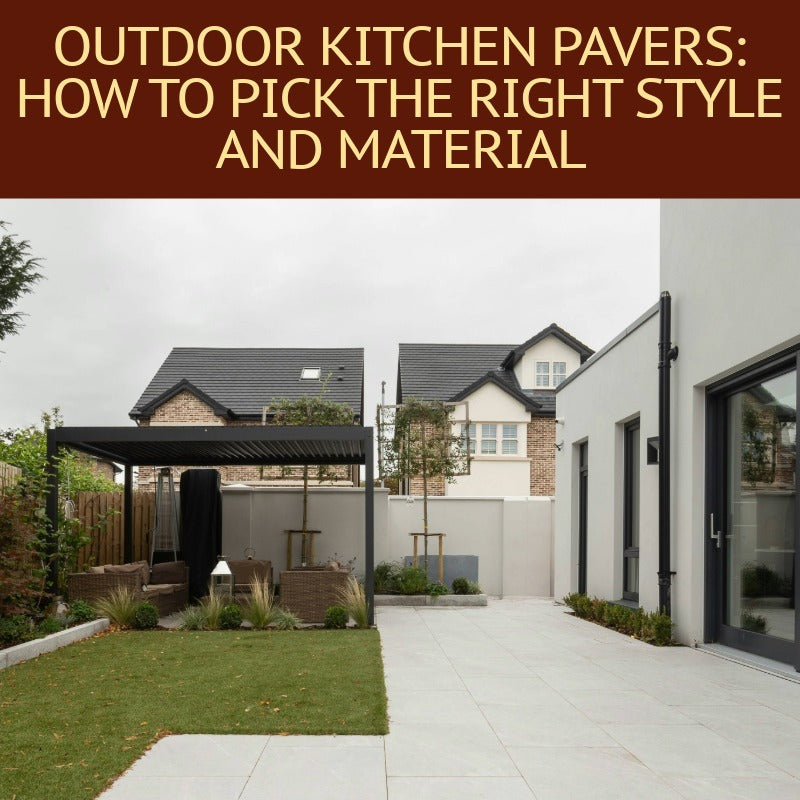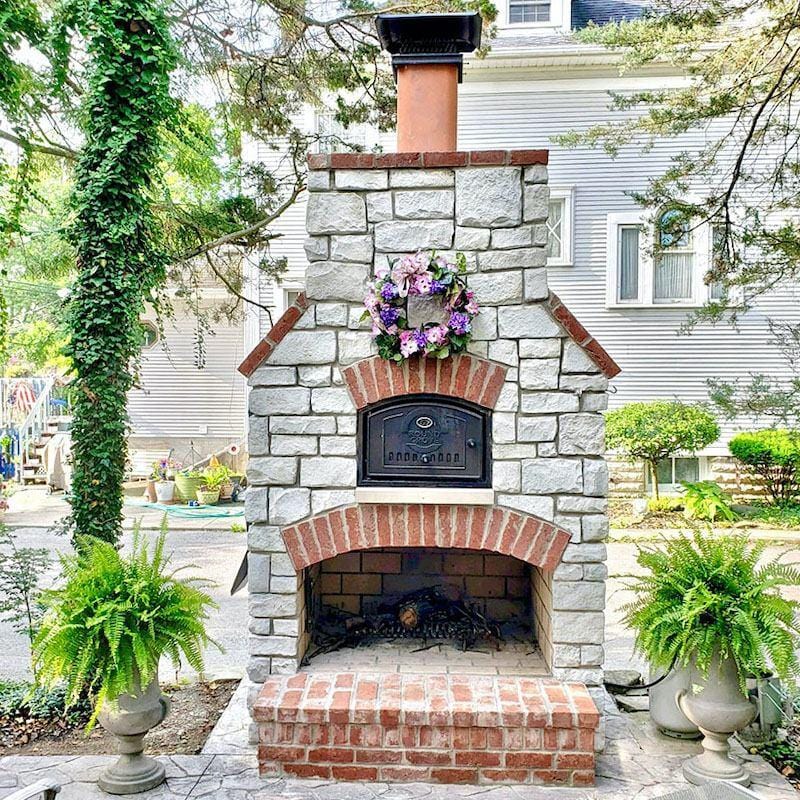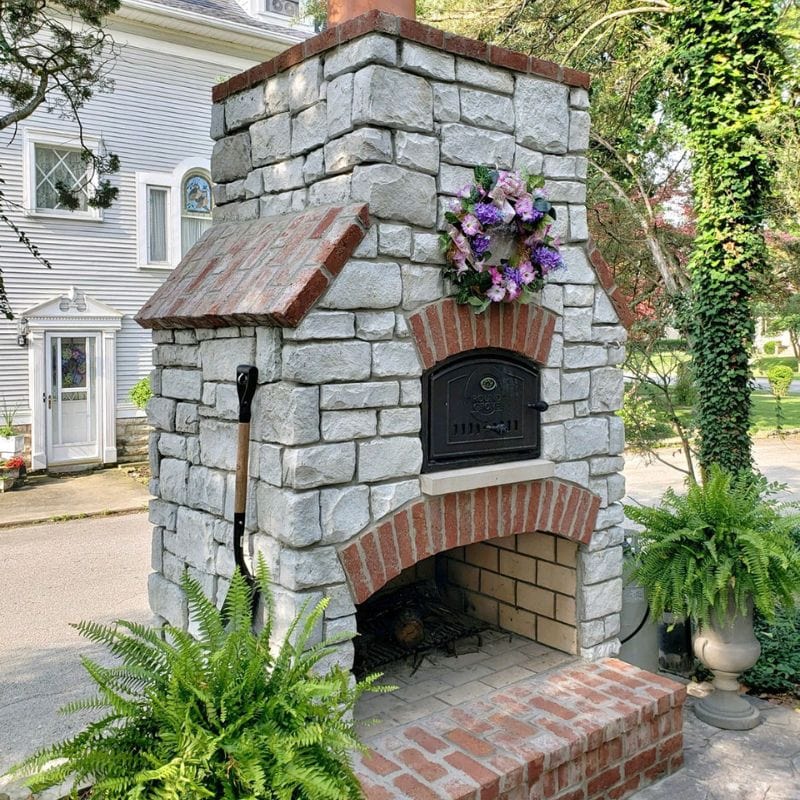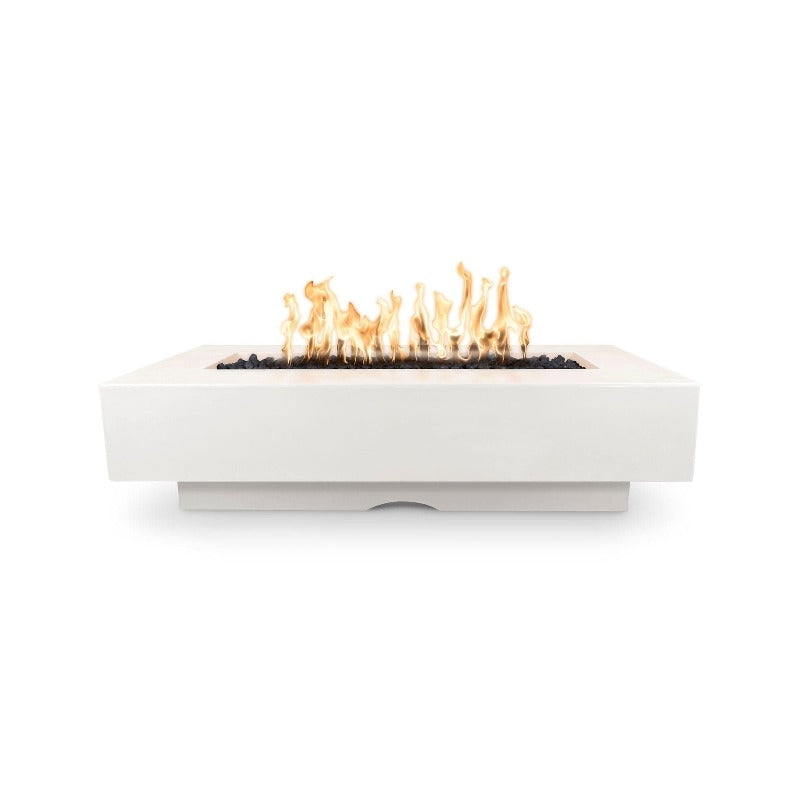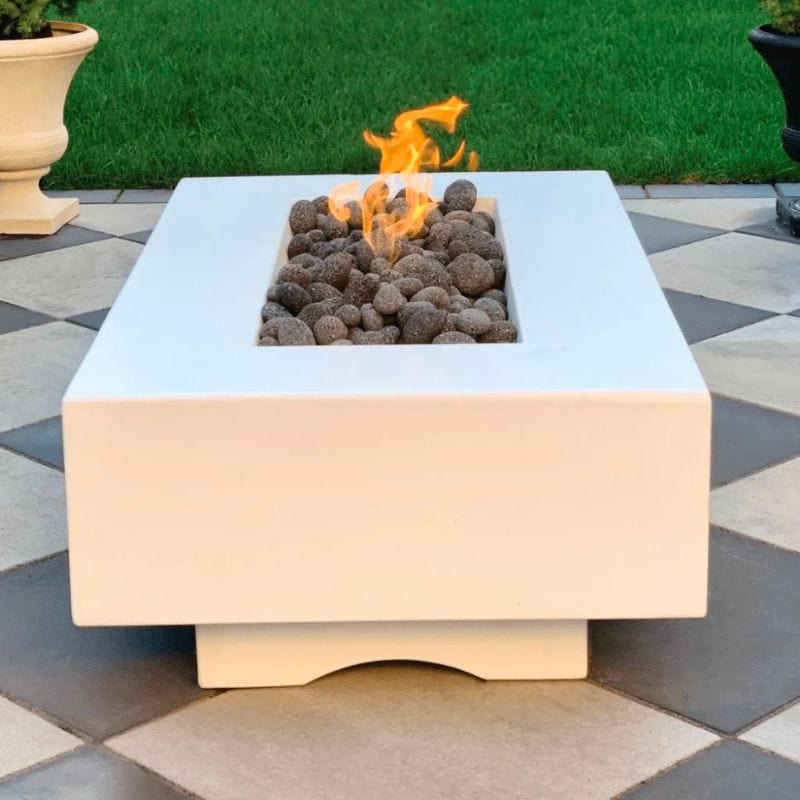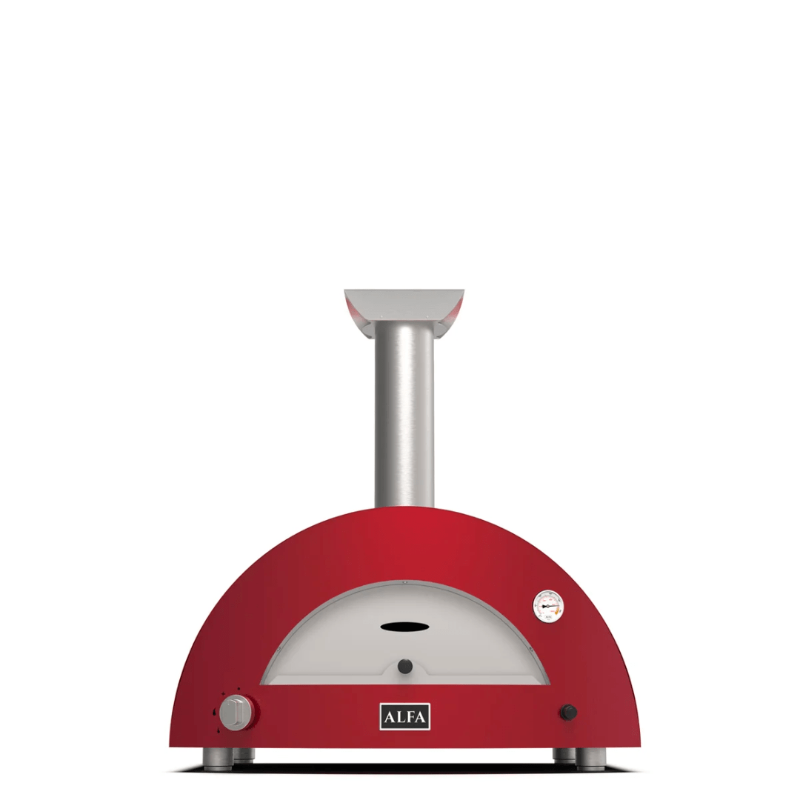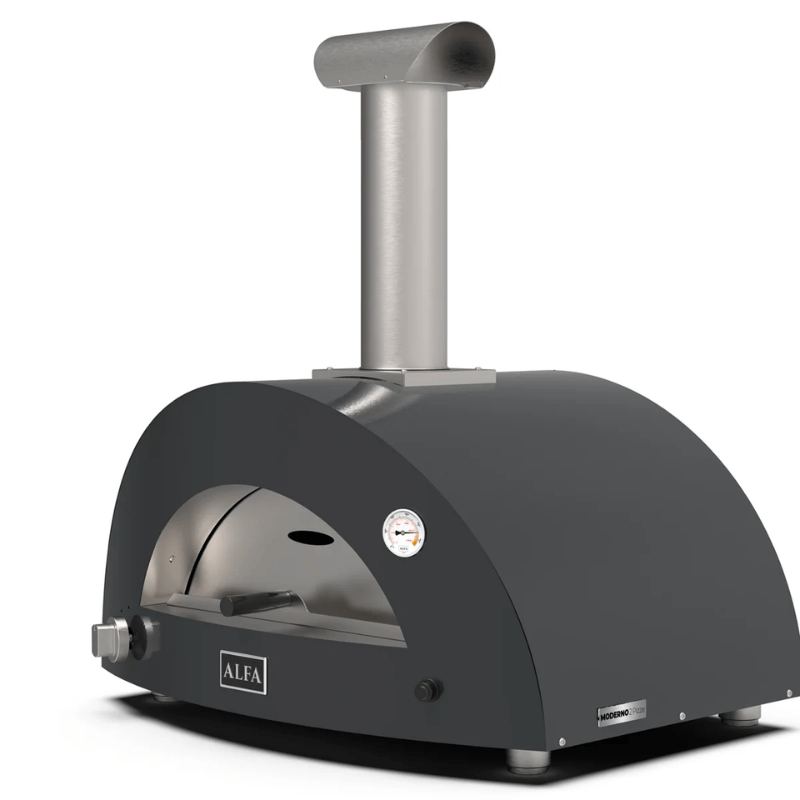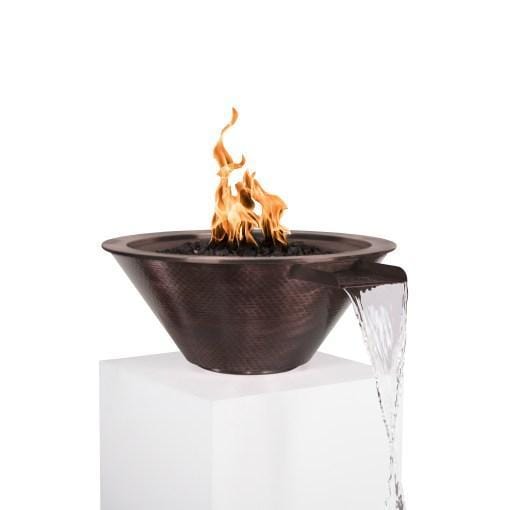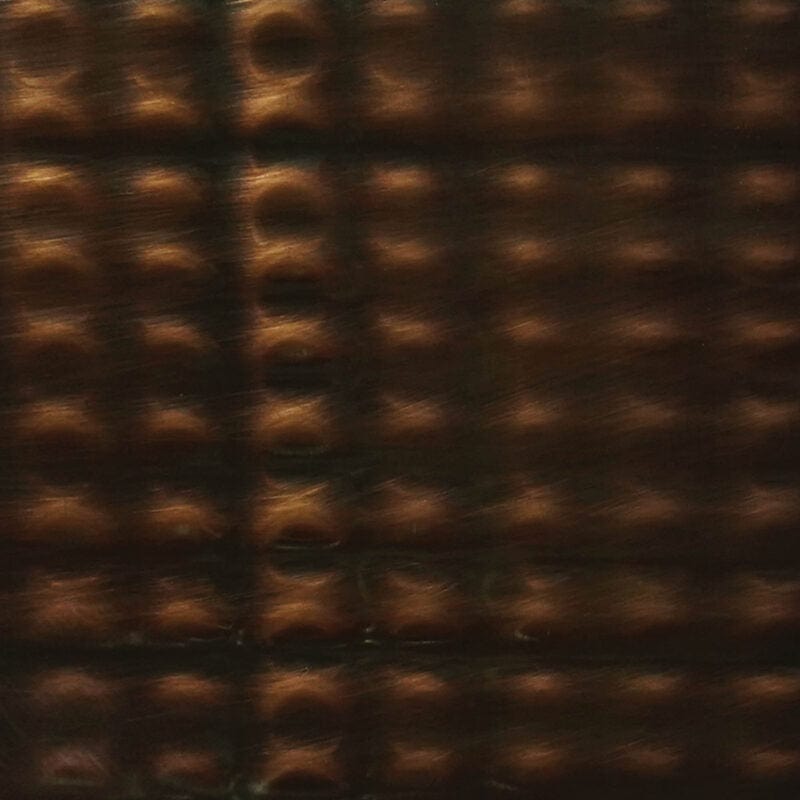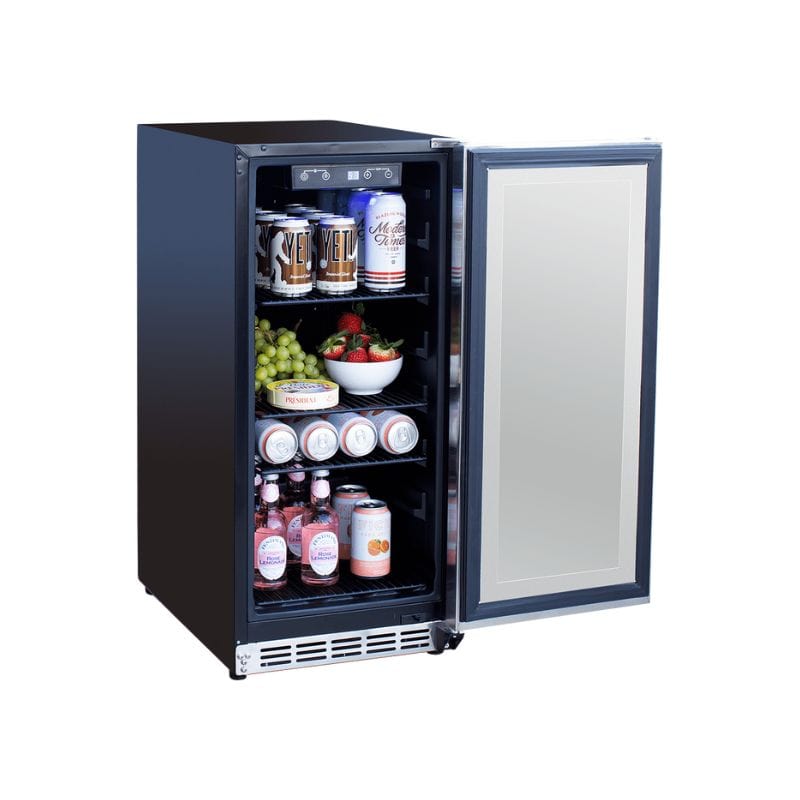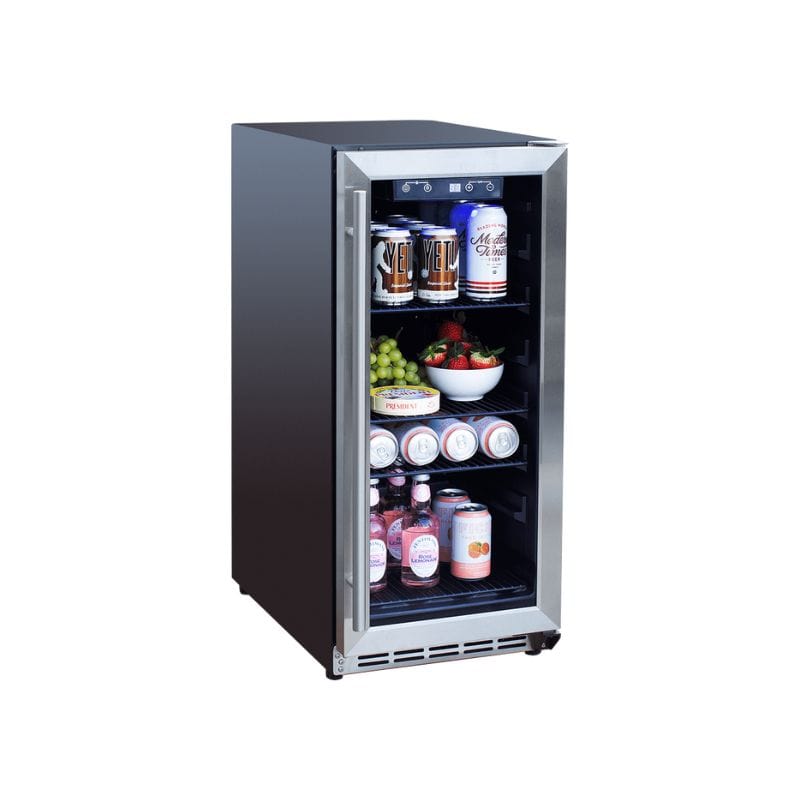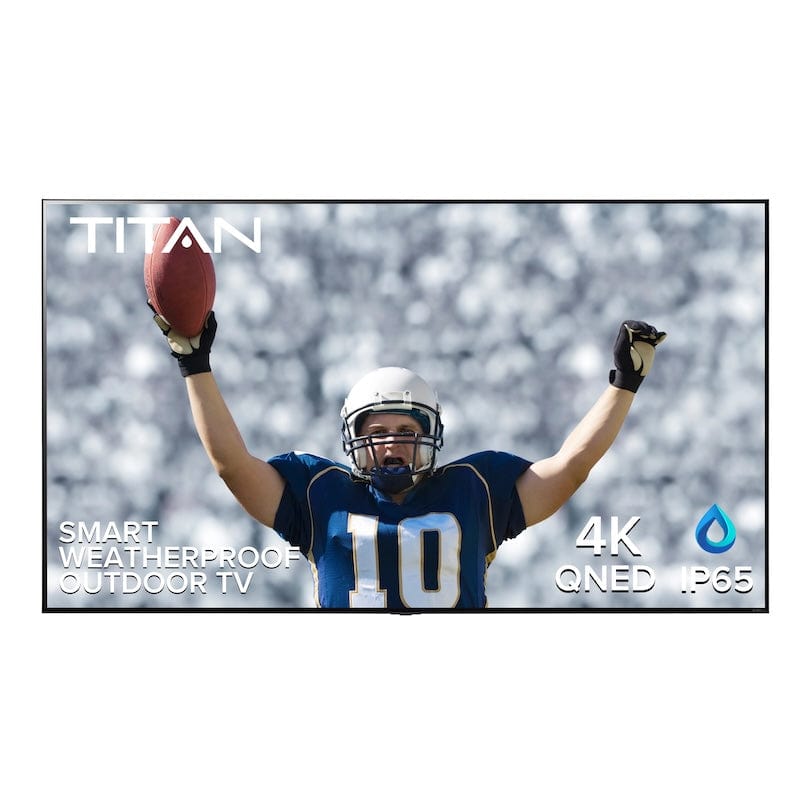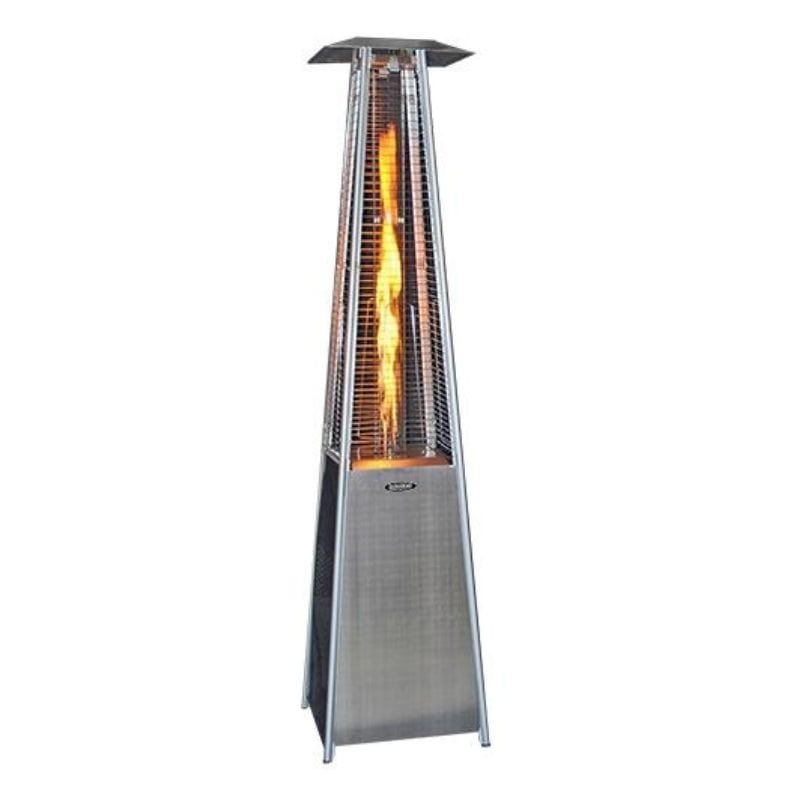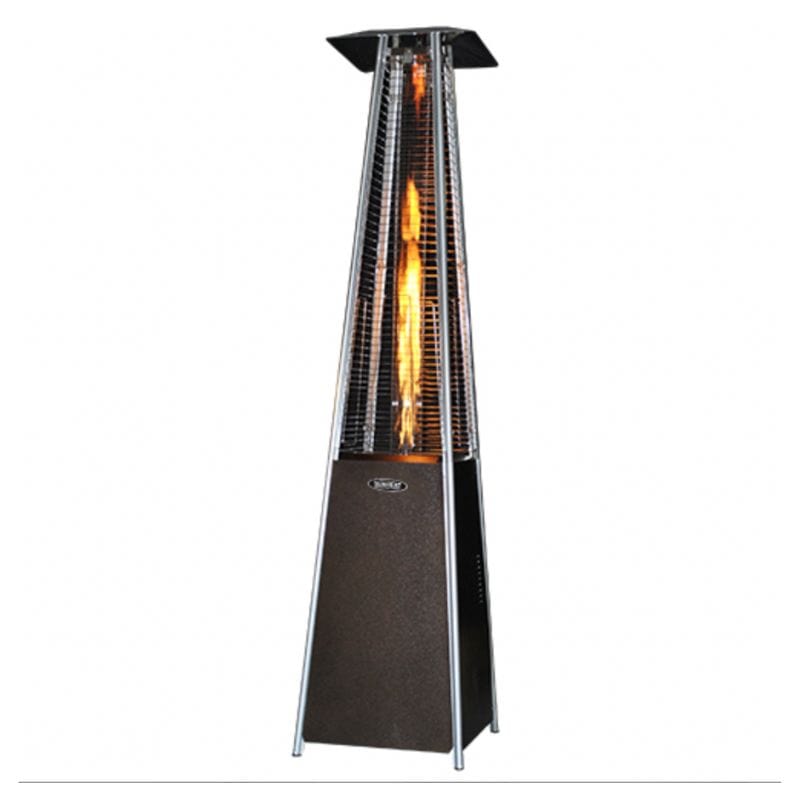Barbecuing outdoors on your portable BBQ pit is one thing — but barbecuing, cooking, and making pizza in your outdoor kitchen is a different thing entirely.
Outdoor kitchens unlock new experiences that elevate your gatherings and parties to the next level! Just imagine the smell of sizzling steaks from the built-in grill while a wood-fired pizza oven glows softly in the corner. Friends are gathered around the counter with drinks in hand, while you chop fresh toppings with your loved one at the prep station just a few steps away.
And the base that makes all these possible? Your patio. Patios for outdoor kitchens need to be able to not just support the weight of the appliances, but also withstand fire and heat.
That’s why pavers are one of the best choices for outdoor kitchen patios. While they come in many materials, four stand out as the most durable, heat-resistant, and visually versatile options.
In this article, we'll explore the PROs and CONs of each paver type and help you find the best one for your outdoor kitchen and pizza oven.

1. Concrete Pavers
Concrete pavers are the most commonly used type, and it's no surprise when you consider the value they deliver while remaining so affordable. They are widely available, easy to install, and can handle the demands of a cooking and entertaining space.
PROS:
- Dense and Durable:
Concrete pavers are tough enough to withstand the weight of heavy outdoor appliances like pizza ovens, grills, and countertops without cracking or sinking. - Heat-Resistant and Non-Combustible:
Perfect for outdoor kitchens, concrete pavers won’t combust, warp, or buckle under high temperatures from grills, smokers, or live embers. - Weather and Wear Resistant:
They handle rain, debris, and heavy foot traffic well. Chips, cracks, or damage are less common compared to weaker materials. - Easy to Repair or Replace:
Since pavers are modular, if one gets damaged beyond repair, you can replace that single unit rather than tearing up the entire floor. - Versatile in Design:
Concrete pavers can be manufactured in a wide variety of shapes, sizes, and finishes. From sleek, modern slabs to rustic cobblestone, they can match nearly any design style. Some even mimic natural stone, giving you a high-end look without the high-end cost. - Cost-Effective:
Among all paver materials, concrete remains one of the most affordable, offering excellent value for money while still looking stylish.
CONS:
- Doesn't Fully Replace Natural Stone:
While concrete can mimic the look of natural stone, it lacks the rich depth, unique veining, and variation that real stone offers. - Porous Surface:
Concrete is more absorbent than other materials, which makes it prone to grease or oil stains. Regular sealing is necessary to protect it from kitchen spills. - Color Can Fade:
Exposure to sunlight and heavy use can cause the color to fade over time. To maintain its appearance, resealing every 2–3 years is recommended. - Maintenance Required:
Unlike natural stone that ages gracefully, concrete needs more upkeep (cleaning, sealing, and resealing) to preserve its look and performance. In addition to sealing, proper ground work is essential. Without proper paver installation, even well-maintanted concrete pavers can shift or crack over time, especially under the weight of heavy outdoor kitchen appliances.
2. Natural Stone Pavers
Natural stone is often seen as the gold standard for outdoor kitchens. It combines timeless beauty with natural durability, making it one of the most sought-after paving options.
PROS:
- Unmatched Aesthetic Appeal
Each piece of stone is naturally unique, with its own textures, colors, and veining. This creates a luxurious, one-of-a-kind look that no man-made material can truly replicate. - Durability and Strength
Many types of natural stone (like granite, slate, or bluestone) are extremely hard and resilient, able to withstand the weight of heavy appliances and high-traffic areas with ease. - Weather Resistance
Since stone is formed in nature, it naturally resists outdoor conditions like rain, sun, and fluctuating temperatures, making it a long-lasting choice.
CONS:
- High Cost
Both the material and installation are more expensive than other options. Specialized labor is often required for proper installation, driving up the overall investment. - Porosity and Maintenance Needs
Some natural stones (like limestone or sandstone) are porous and require regular sealing to prevent stains from grease, oils, or spills in an outdoor kitchen setting. - Installation Challenges
Natural stone can be heavy and uneven, which makes installation more complex and time-consuming compared to modular pavers like concrete.

3. Tavertine Tiles/Pavers
Travertine, a type of limestone formed near mineral springs, has been used in architecture for centuries. Today, it's prized for outdoor kitchens thanks to its natural beauty and practical benefits.
PROS:
- Elegant, Timeless Look
Warm earthy tones (beige, ivory, silver) and subtle veining create a high-end, natural appearance. - Cool Underfoot
Unlike concrete or brick, travertine stays cooler in the sun, making it ideal for barefoot spaces. - Durable & Heat Resistant
Stands up well to outdoor cooking heat and won’t combust near grills or ovens.
CONS:
- High Cost
Both the material and installation are more expensive than other options. Specialized labor is often required for proper installation, driving up the overall investment. - Porosity and Maintenance Needs
Some natural stones (like limestone or sandstone) are porous and require regular sealing to prevent stains from grease, oils, or spills in an outdoor kitchen setting. - Installation Challenges
Natural stone can be heavy and uneven, which makes installation more complex and time-consuming compared to modular pavers like concrete.
4. Porcelain Pavers
Lastly, porcelain pavers have been gaining popularity in recent years due to their sleek, modern aesthetic at reasonable prices.
PROS:
- Low Maintenance
Unlike concrete or natural stone, porcelain doesn’t need sealing and resists stains, grease, and fading. - Strong Wear Resistance
Highly durable against scratches, moisture, and general wear, making it ideal for high-traffic outdoor kitchens. - Sleek, Versatile Aesthetic
Available in a wide range of finishes, including stone and wood looks, for a high-end modern appeal.
CONS:
- Brittleness
Though strong against surface wear, porcelain is thinner and more prone to cracking or chipping if heavy items are dropped. - Higher Cost
Priced above concrete and closer to natural stone, edging into premium territory. - Installation Difficulty
Requires professional installation and precise handling to avoid damage during setup.

Proper Installation is the Key to Success
Regardless of which material you choose, professional installation is what ensures your pavers will last.
Of course, the inherent properties of the material do play a part in its longevity and toughness, but proper installation is crucial to prevent issues like cracking, shifting, or unevenness. These are all issues that would compromise the integrity of your sealing, and over time, they can get worse and develop into large structural issues that require almost complete replacements.
That's why even the best paver materials require high-quality installation to be able to function well. The last thing you want is to try to skimp on the installation and end up wasting the good materials you spent good money on. This is especially so if you opt for natural stone pavers, because their inconsistent shape and thickness make installation much trickier.
Either way, unless you're confident of what you're doing, spending a bit more for professional paver installation for your patio is going to maximize the potential of your materials and also save you a lot on replacements stemming from poor installation.

